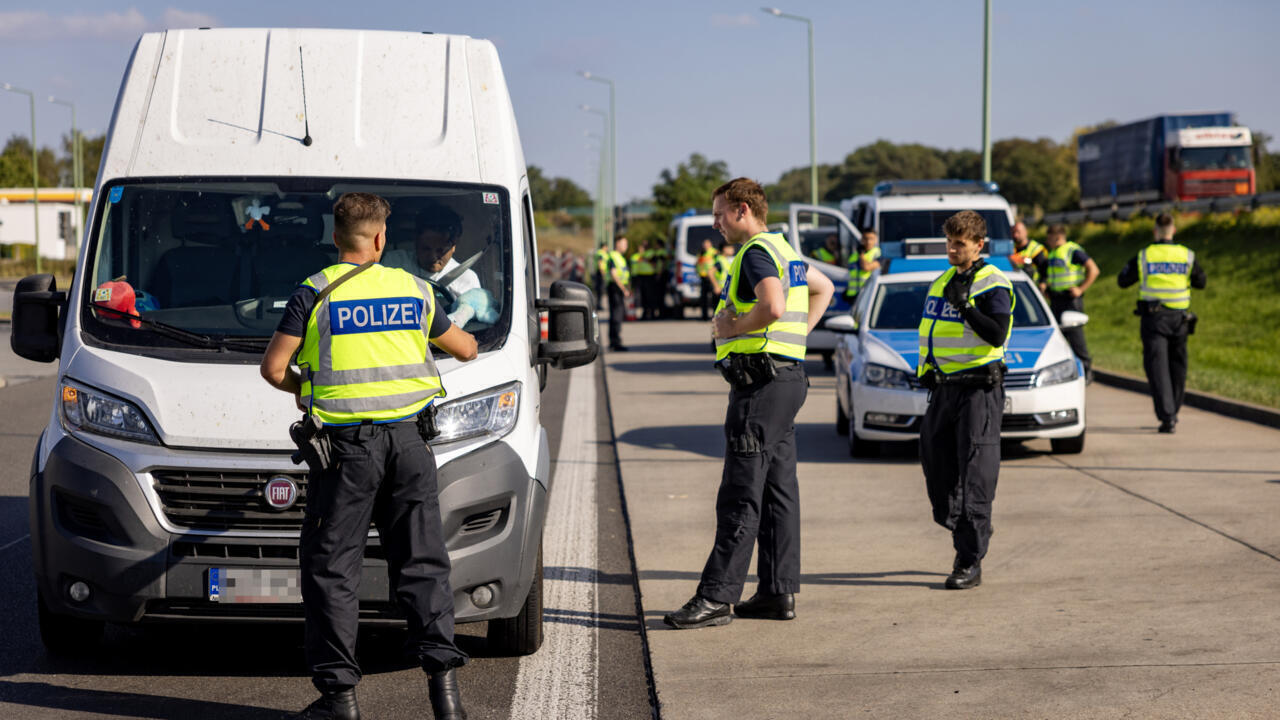Media reports by The Telegraph revealed secret negotiations between Germany and its neighboring countries to form an international coalition aimed at pushing back migrants at the border. Friedrich Merz, leader of the Christian Democratic Union (CDU), is advocating for talks with Poland, France, the Czech Republic, Austria, and Switzerland. The proposed coalition would focus on turning away asylum seekers at Germany’s borders.
During the last election campaign, the CDU leader promised to reduce the number of refugees in Germany and to halt all forms of illegal immigration, particularly the rejection of asylum applications at the border. This plan is strongly opposed by the Social Democratic Party (SPD) in coalition negotiations to form the next government.
Immigration was a key concern in public opinion ahead of the last election, driven by several factors—including a rise in attacks attributed to migrants and complaints from German cities and municipalities about insufficient funding for migrant integration.
The immigration issue significantly impacted the 2025 election results, leading the far-right Alternative for Germany party to achieve its best-ever performance with 20.8% of the vote, making it the second strongest party in Germany.
The AfD’s influence is increasing in the negotiations to form the new coalition, largely because of its opposition to Merz’s proposed debt package intended to finance heightened defense spending, which the AfD calls “the biggest deception in post-war history.” Despite this, Merz managed to secure the Bundestag’s approval for the substantial debt package.
Since 2023, Germany has adopted a stricter immigration policy, opting not to abide by the European Dublin Agreement, which requires the state to be responsible for examining asylum applications submitted by third-country nationals. The federal government has also implemented border controls, including random checks and inspections, to curb the entry of illegal migrants.
In talks with neighboring countries, Merz is pushing to secure European support for a border rejection policy. However, the negotiations face obstacles, as several countries fear that Germany may expand deportation efforts to states where refugees first entered the EU. Austria has already announced it will refuse to accept rejected migrants returned from the German border.





